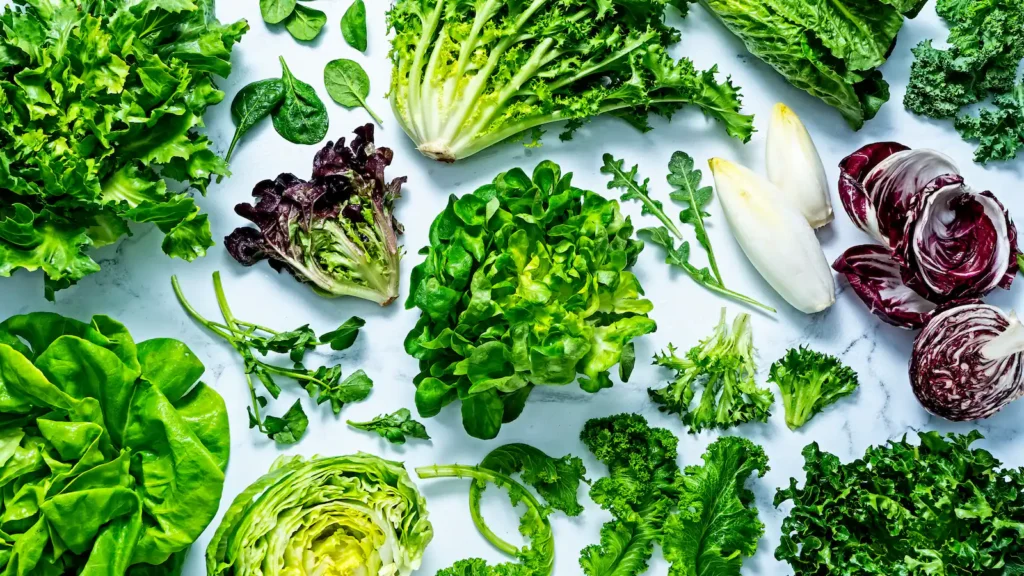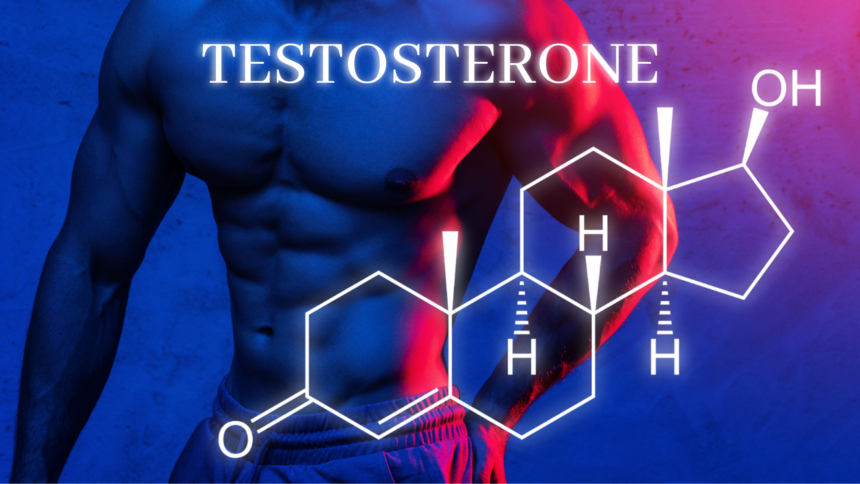Increase testosterone hormone
How to increase testosterone hormone? Are you feeling tired, sluggish, and lacking motivation lately? It could be due to low testosterone levels. Testosterone, a crucial male sex hormone, plays a significant role in several essential bodily functions, including fertility, sexual function, bone health, and muscle mass. While declining testosterone levels with age is natural, certain lifestyle choices and medical conditions can further decrease hormone levels. Fortunately, there are ways to boost testosterone levels naturally, primarily through diet and lifestyle changes.
This article will explore some of the best foods for increasing testosterone levels. Let’s dive in!
1. Leafy Green Vegetables

Many leafy greens, such as spinach, kale, and collard green, are rich in magnesium, a mineral critical for testosterone production. Magnesium stimulates the production of luteinizing hormone, which promotes testosterone synthesis. These vegetables are also packed with vitamins and antioxidants that help reduce inflammation and oxidative stress—conditions that are linked to lower testosterone levels.
Incorporating leafy greens into your diet is easy: add spinach to smoothies, toss kale into salads, or make kale chips for a tasty, nutrient-dense snack. Leafy greens like arugula and beet greens also contain nitrates, which help improve blood flow and oxygen delivery throughout the body, including the testes, where testosterone is produced. Plus, leafy greens are low in calories and high in fiber, which can support a healthy weight. Maintaining a healthy weight is crucial, as obesity is strongly associated with reduced testosterone levels.
2. Fatty Fish

Fatty fish such as salmon, mackerel, and sardines are packed with vital nutrients like vitamin D, zinc, and omega-3 fatty acids—all of which are key players in hormonal health. Omega-3 fatty acids, especially those found in salmon, are known for their anti-inflammatory properties, which help reduce oxidative stress that negatively impacts testosterone production.
Read More Also
1. Clinical testing extraocular muscles
2. Black Plum Health Benefits
Research shows that diets low in fat are linked to decreased testosterone levels, while those rich in healthy fats are associated with higher levels of testosterone. To reap the benefits, incorporate fatty fish into your weekly meals by grilling salmon for dinner or adding sardines to salads. If you’re not a fan of fish, a high-quality fish oil supplement can offer similar benefits.
3. Cocoa Products

Cocoa powder, cacao nibs, and low-sugar dark chocolate are rich in magnesium and flavonoid antioxidants, both of which are beneficial for testosterone production. Flavonoids, such as quercetin and epicatechin found in cocoa, have been shown to enhance testosterone synthesis by boosting the function of Leydig cells—cells responsible for testosterone production.
For a practical example, add a spoonful of unsweetened cocoa powder to your morning smoothie or sprinkle cacao nibs over your yogurt for a nutrient-rich snack. These small additions to your diet can provide a boost to your testosterone levels while satisfying your chocolate cravings.
4. Eggs

Eggs, specifically the yolks, are an excellent source of healthy fats, protein, and selenium—a mineral that acts as a powerful antioxidant. Selenium supports testosterone production by activating certain pathways at the cellular level. Studies indicate that optimal selenium levels in the blood are linked to higher testosterone levels.
You can easily incorporate eggs into your daily diet by starting your day with scrambled eggs or adding boiled eggs to a salad. These tasty dishes not only provide essential nutrients but also support healthy testosterone levels.
5. Avocados

Avocados are a superfood packed with healthy fats, magnesium, and boron. Boron is a trace mineral that influences testosterone metabolism and helps protect against its degradation. The monounsaturated fats in avocados also support overall hormonal health.
Avocados are versatile and can be enjoyed in many ways. Spread them on whole grain toast, mix them into classic guacamole, or dice them into salads. Adding avocados to your meals will not only provide a delicious boost but will also help maintain healthy testosterone levels.
6. Pomegranate

Studies have shown that drinking pomegranate juice daily can significantly boost testosterone levels. One study found that consuming pomegranate juice for just 14 days led to a 24% increase in salivary testosterone levels. Pomegranates are rich in antioxidants such as polyphenols, which combat oxidative stress and inflammation—further enhancing testosterone production.
To benefit from pomegranates, drink a glass of pure pomegranate juice or add the seeds to your smoothies or salads. This refreshing fruit is both delicious and beneficial for boosting your testosterone levels.
7. Shellfish

Shellfish, like oysters and clams, are rich in zinc, selenium, and omega-3 fatty acids—key nutrients that support healthy testosterone levels. Oysters, in particular, are known for their incredibly high zinc content. Zinc deficiency is a common cause of low testosterone, so increasing your dietary zinc can help address this issue.
Enjoy shellfish as a main dish, such as baked clams or grilled oysters, or serve them as an appetizer. These foods are not only a treat for your taste buds but also a great way to support your testosterone levels.
Final Thoughts
If you’re feeling sluggish, tired, or lacking motivation, low testosterone levels could be the culprit. Fortunately, incorporating these seven testosterone-boosting foods into your diet can help naturally support your hormone levels. Focus on foods rich in magnesium, healthy fats, zinc, and antioxidants to help boost your testosterone and improve your overall health.
Remember, in addition to dietary changes, maintaining a healthy lifestyle that includes regular exercise, adequate sleep, and stress management is essential for optimal hormonal health. If you suspect your testosterone levels are low, consider speaking with a healthcare provider for personalized advice.






Obtain High is producing the first mass-distributed biofeedback loop between plant intelligence and human evolution.